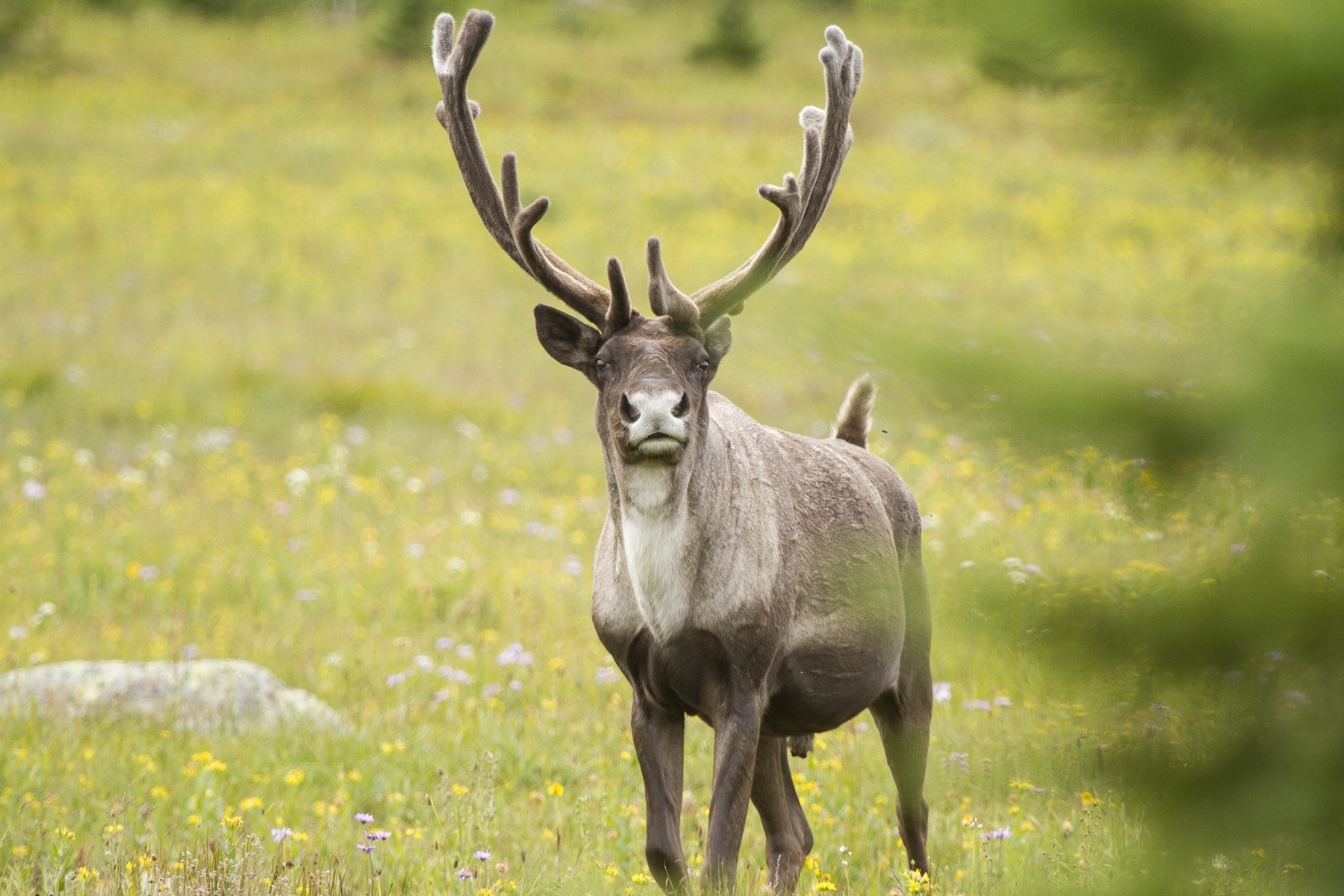Local environmental activist group Wildsight has a showing at the Convention on Biological Diversity (COP15) in Montreal.
Wildsight officials said the Kootenay region reflects a wider global trend, noting that wildlife populations have plummeted nearly 70 per cent in the last 50 years.
“We are witnessing historic declines in wildlife populations,” said Wildsight. “Five local mountain caribou herds have been extirpated (locally extinct) in the last 10 years due to habitat loss. Rocky Mountain Bighorn Sheep and Mountain Goats have experienced significant declines in their numbers and songbird populations are in free fall.”
Across Canada, wildlife populations are impacted by habitat loss and fragmentation, industrial pressure and climate change.
“Decisions at these international conferences can drive opportunities in our backyard,” said Executive Director Robyn Duncan. “That is why we are here at COP15, to advocate for strong commitments and action plans to protect wildlife, water and connected wild places. The Columbia Basin is home to an incredible diversity of wildlife and habitats that are critical for continental wildlife connectivity.”
According to Wildsight, science points to the need to maintain a minimum of 30 per cent protection on lands and waters to reverse biodiversity loss and recover both species and habitats.
“Canada has already committed to protecting 30% of our lands and waters, and Indigenous communities are leading the way in realizing new models of land protection and stewardship that preserve ecological and cultural values,” said Duncan.
Indigenous Protected and Conserved Areas (IPCAs) have been established across the province.
Officials said the Qat’muk IPCA that protects the Jumbo Valley and surrounding area in the Central Purcells is a model of nature protection driven by traditional and scientific knowledge.
Wildsght says a formal commitment to environmental stewardship from the provincial government was only made recently.
“British Columbia, Canada’s most biodiverse province, had been notably absent from these global commitments until yesterday’s commitment in the Ministry of Water, Lands and Resource Stewarship’s mandate letter to Minister Cullen,” said officials.




